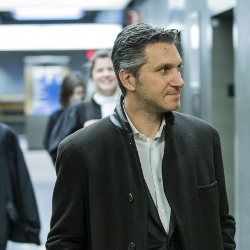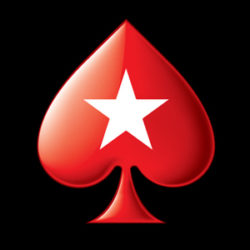New Fun Poker Games Good For Industry’s Long-term Survival

The world of online poker is going through major changes with operators striving to attract new players and offer more games for those who play poker purely for fun. PokerStars latest game which was launched in November, Beat the Clock, is a part of that ongoing process, and also coincides with the brand’s effort to revamp its site. In a familiar sequence of events, this new game has received a negative reaction from PokerStars’ professional players, who seem unable to see how its format will benefit PokerStars over the long term.
Beat The Clock
Beat the Clock tournaments condense the online poker playing experience into a 5-minute game, and in order to win, you simply have to keep playing until the clock runs out. At the end, chips are converted into equivalent amounts of cash and credited to the players’ accounts. Winnings are not huge, but that’s clearly not the point of the game. It’s all about getting to enjoy a small dose of poker in a fun way, sort of like consuming a fun size candy bar.
Reaction From Pros
As soon as the game was announced, people who play poker professionally began criticizing Beat the Clock on online forums. They pointed to the low winnings that are possible and pretty much passed the game off as a waste of time. From a professional players’ perspective, it’s an understandable point of view, as there is no way to play Beat the Clock and make a decent living; however, PokerStars isn’t intending for the game to be used in that way.
Not all industry insiders are lambasting PokerStars for adding Beat the Clock to their lineup, though. In fact, some pros went on the record as supporting the game, and pointing out just how easy it is to play on a mobile device, or how it’s a fun diversion that you can play in the waiting room of a doctor’s office, or at the airport while waiting for a flight to take you off to your next live poker tournament. Suffice to say, its fast format makes it possible to enjoy playing poker when you don’t have enough time for a traditional tournament-style play, and furthermore it gives you the chance to play against other people rather than against a computer.
Great Option For Recreational Players
Beat the Clock may not appeal to the professional segment of the online poker community, but it’s a great option for recreational players. Ultimately, poker sites like PokerStars, if they are to have any hope of survival, need to continue attracting recreational players who are looking for a fun and exciting poker playing experience, rather than those people who are looking for a way to earn a living from the game. Beat the Clock makes it possible for anyone to win if they can hang on in there for a short period of time, and it’s clear how people who begin playing poker this way could eventually develop skills and decide to then give the site’s other poker games a try.
Pros Missing The Point
The controversy surrounding Beat the Clock is another example of how many professional poker players are failing to see the bigger picture. If the sites that they frequent are going to remain viable, recreational players are key, and games that encourage them to log in should be celebrated, even if the potential winnings aren’t enough to make the pros personally eager to play.
With PokerStars controlling around 70% of all global online poker traffic, the site has naturally received the biggest brunt of all the criticism leveled against the direction in which the industry is heading. Prior to Amaya acquiring the brand in 2014, PokerStars was a poker-only site that placed a high value on its professional grinders, but since its acquisition Amaya has been leading efforts to appeal more to recreational players.
This has been at the expense of online professional players in the form of reduced reward programs, and at the beginning of 2016 a boycott of the site was organized by them to highlight their grievances. Ultimately, though, you cannot stand in the way of progress, and the reduced number of pros on the site during that period actually saw more recreational players take to the virtual tables. As VP of Corporate Communications Eric Hollreiser explained at the time:
“During the three-day boycott we recorded the healthiest consecutive three-day ecosystem results of the year with steady net gaming revenue, even though our net-depositing players lost at a much lower rate than they have all year.”










